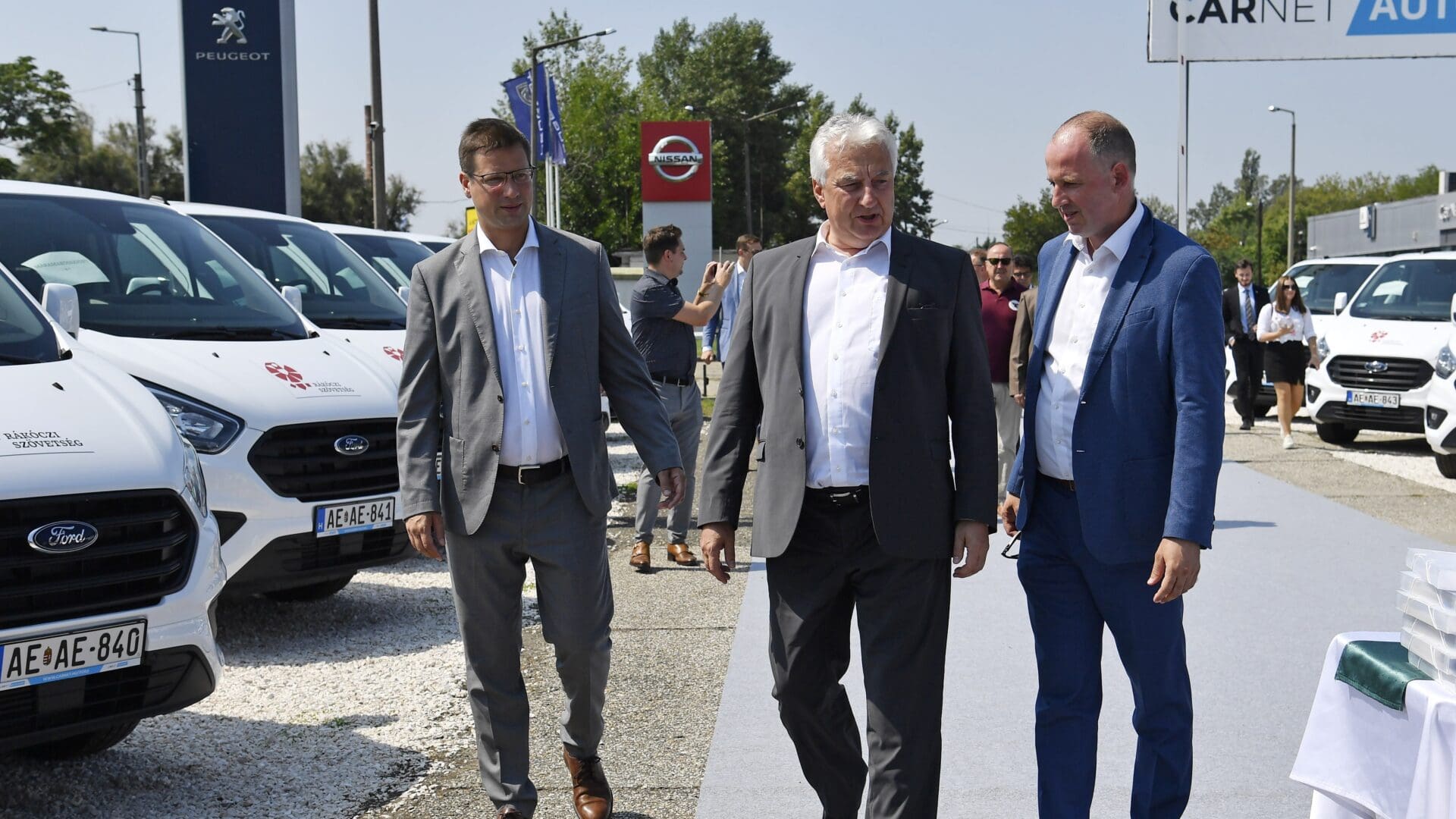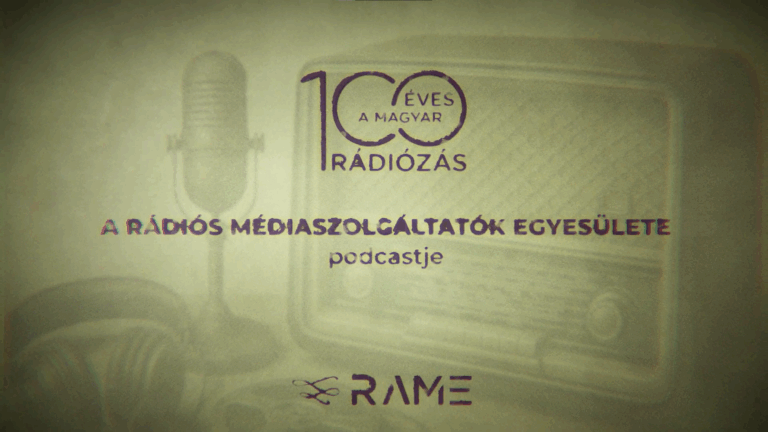Maintaining the school network, ensuring and improving Hungarian-language education are of crucial importance for the survival of the Hungarian communities beyond the borders, Deputy Prime Minister Zsolt Semjén declared in Budapest on Monday.
In the Carpathian Basin, 252,000 students study in Hungarian-language schools,
and every child receives a yearly support of one hundred thousand Hungarian forints from the Hungarian state, he said when it was announced that from September, 38 new school buses operating under the auspices of the Rákóczi Association will assist the children in small and isolated Transylvanian communities to attend Hungarian schools, in cooperation with the Iskola Foundation based in Kolozsvár (Cluj-Napoca).
The politician mentioned that Hungarian is taught in 1,700 kindergartens, 1,243 elementary schools, 259 secondary schools, and twenty higher education institutions. Zsolt Semjén highlighted that maintaining the school bus network provides significant help to the Hungarian communities located in remote settlements, ensuring that children can reach Hungarian schools. The Deputy Prime Minister expressed gratitude to the Rákóczi Association for coordinating the programme, adding that he trusts that the growing children will become proud Hungarians who will pass on Hungarian culture, language, and identity to their children, as this is the key to the nation’s survival.
During the event the Minister in charge of the Prime Minister’s Office, Gergely Gulyás also emphasised that the best tool for maintaining the self-identity, communities, and culture of Hungarians beyond the borders is education. The minister emphasised that the government, as required by the Fundamental Law,
takes responsibility for the fate of Hungarians living beyond the borders
and supports Hungarian communities. The government provided 500 million forints for the acquisition of the minibuses, and the Rákóczi Association used 150 million forints from its own resources, as explained.
President of the Democratic Alliance of Hungarians in Romania Hunor Kelemen highlighted that the Rákóczi Association’s school bus programme offers opportunities to five hundred children living in isolated settlements to attend Hungarian schools in eleven counties of Transylvania. Kelemen reminded that RMDSZ has always considered education as a priority, aiming to enable every Hungarian child to attend a Hungarian school, even if it is far from their place of residence. He mentioned that the government built the dormitory network for Hungarian students ‘brick by brick,’ and now there are more than thirty such institutions. Additionally, with the support of the Iskola Foundation and the government, together they launched a programme to assist afternoon education for 2,500 children.
Csongor Csáky, President of the Rákóczi Association, reminded that choosing a Hungarian school is equivalent to choosing a Hungarian future, and every child living beyond the borders of the mother country who attends a Hungarian school
is a guardian of the Hungarian language and culture.
He pointed out that the Rákóczi Association has always been seeking ways to slow down assimilation in foreign territories. The launch of the school bus network is one of these means, he said.
Csáky stated that from September onwards, the Rákóczi Association will operate 58 school buses beyond the borders, helping more than 720 children reach school in 48 settlements. The operation of the buses will cost 231 million forints per academic year, also covered by the Hungarian state, thus school attendance will imposes no financial burden on the families or schools. The vehicles handed over in Budapest were blessed by Father Imre Kozma, founding chairman of the Hungarian Charity Service of the Order of Malta.
Related articles:








